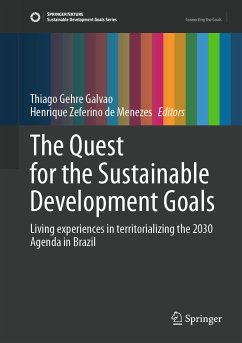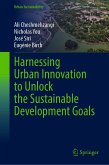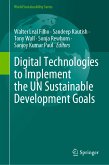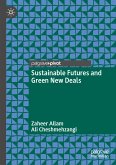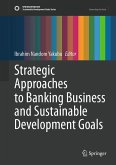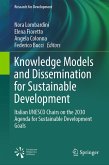The book is divided into three sections. The first section addresses the critical political and institutional aspects related to the implementation of the Sustainable Development Goals in Brazil, highlighting advances as well as pitfalls and setbacks. The chapters look at broad questions related to the role of civil society in defining political priorities and strategies to move forward with the SDGs as well as issues involved in incorporating the SDGs at different levels of government and other institutions. The chapters in this section critically address the political and institutional advances as well as barriers to the progress of the SDGs in Brazil.
The second section directly addresses progress made toward the SDGs in the context of the political, economic and social variables specific to Brazil. The chapters address critical shortcomings and demands for Brazilian society: the need for improvements in education and employment policies to reduce poverty, the urgent need to increase gender equality and reduce violence, as well as the imperative to strengthen institutions and policies to mitigate climate change and protect the environment.
The final section focuses on critically assessing the 2030 Agenda itself and drawing from a Global South IR perspective. The chapters here dialog with decolonial and post-developmentalist perspectives to highlight problems with the agenda and lift up sidelined priorities, presenting yet-unexamined policy solutions and innovations that are currently absent from the global institutional agenda. The Brazilian case is a perfect illustration of how underdevelopment and political instability can constrain the paths to sustainable development, while at the same time social innovations, leverages based on regional dynamics, and strength from social and cultural diversity can drive sustained progress.
Dieser Download kann aus rechtlichen Gründen nur mit Rechnungsadresse in A, B, BG, CY, CZ, D, DK, EW, E, FIN, F, GR, HR, H, IRL, I, LT, L, LR, M, NL, PL, P, R, S, SLO, SK ausgeliefert werden.

